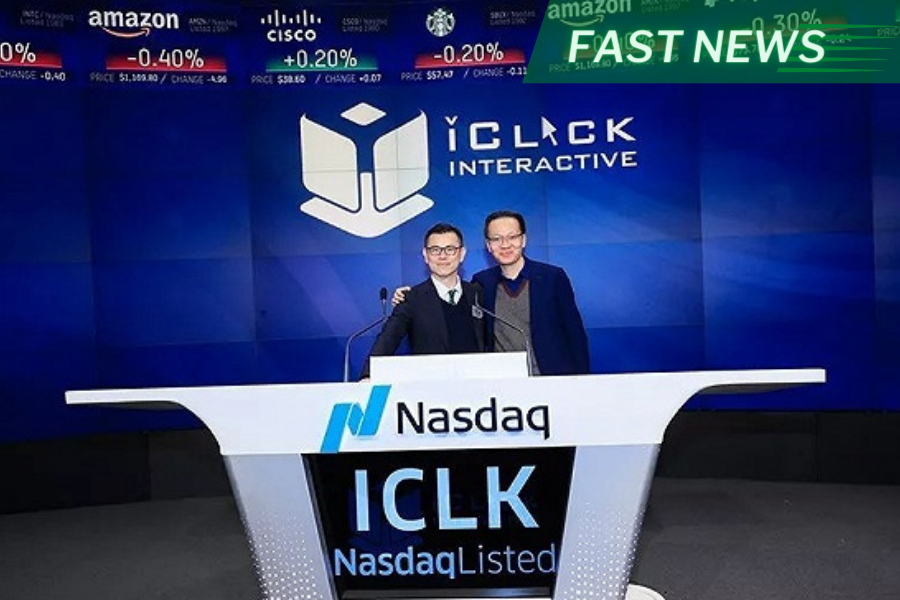FAST NEWS: iClick Announces Reverse Share Split to Avoid Delisting

The latest: E-commerce marketing services provider iClick Interactive Asia Group Ltd. (ICLK.US) on Monday announced it will change the ratio of its Class A ordinary shares behind each American depositary shares (ADSs) from one-half of one Class A ordinary share for each ADS, to five Class A ordinary shares per ADS. The change equates to the equivalent of a 10-for-1 reverse stock split, and will be effective Nov. 14.
Looking up: The reverse split will raise iClick’s share price above the critical $1 level, removing a delisting risk that has hovered over the company after its stock fell below the required threshold almost half a year ago.
Take Note: The company said there is no guarantee that its share price after the reverse split will be equal to or greater than 10 times the pre-split level.
Digging Deeper: Founded in 2009, iClick is a leading Chinese provider of cloud-based marketing services with operations in Asia, Europe and the U.S. The company went public on the Nasdaq in 2017 as the “first Chinese marketing technology stock” with an offering price of $8. It climbed to an all-time high of $19.10 early last year, with a market capitalization of $1.85 billion. But the stock has moved steadily downward since then, similar to the paths for many U.S.-listed Chinese stocks, over a range of non-company-related concerns. The company received two privatization offers in September and October last year but neither materialized. Its latest market cap has plunged nearly 99% from its highs.
Market Reaction: iClick shares rose 4.8% in Monday trade in New York. But its latest closing price of $0.2329 is still very close to its historical low of $0.211.
Translation by Jony Ho
To subscribe to Bamboo Works free weekly newsletter, click here





